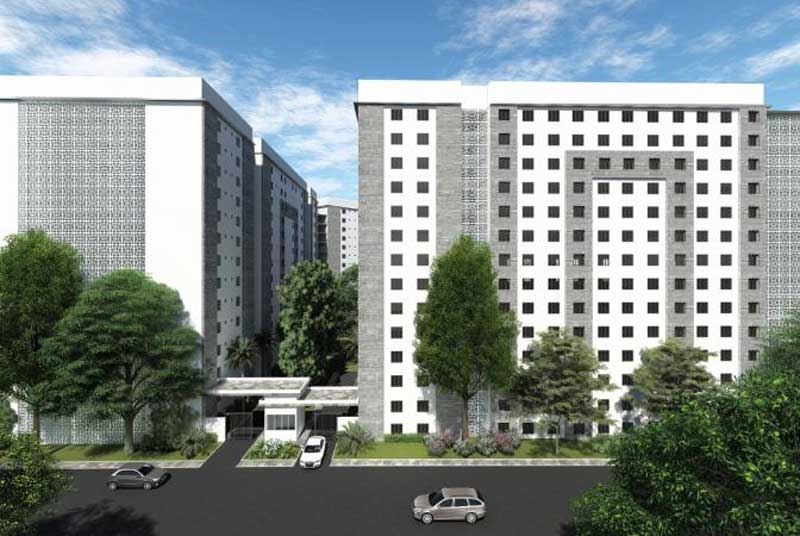
President Uhuru Kenyatta’s announcement that he will unveil the first housing project under his Big 4 agenda, will no doubt breathe life into his legacy. Ensuring the availability and affordability of housing for working Kenyans is just one of Kenyatta’s legacy agenda, which also includes job creation, food security and universal healthcare.
But then, there have been misgivings about the Big 4, especially the Affordable Housing Scheme with many questioning the government’s wisdom in getting involved in such a venture and leaving out more critical sectors like say, transport that offer a multiplier effect on the economy and on a much bigger scale.